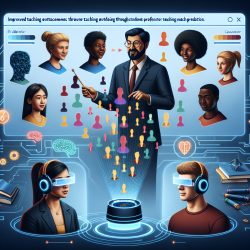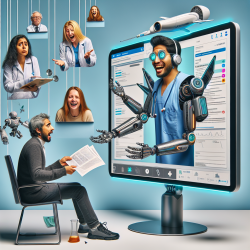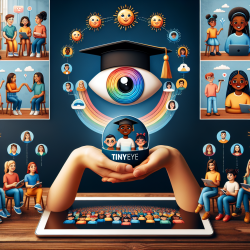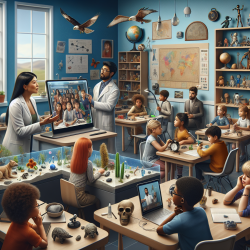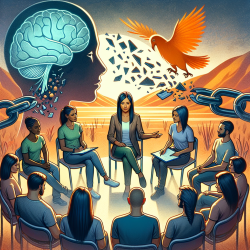Introduction
In the realm of education, the dynamics between students and professors play a crucial role in shaping learning outcomes. A recent study titled "Forecasting the student–professor matches that result in unusually effective teaching" sheds light on how brief video trailers of professors can predict the effectiveness of student-professor interactions. This research has profound implications for educational institutions and practitioners aiming to enhance teaching effectiveness through data-driven decisions.
Understanding the Research
The study conducted by Gross et al. (2015) explored how students' evaluations of brief video-recorded teaching trailers could forecast their evaluations of live lectures. The research identified two significant effects: relationship effects, which are unique matches between students and professors, and professor effects, which reflect the general effectiveness of professors as perceived by students. The study found that both these effects significantly influenced students' evaluations and memory retention of lectures.
Key Findings
- Relationship effects accounted for a substantial portion of the variance in teaching evaluations, indicating that some professors are uniquely effective for certain students.
- Professor effects showed that some professors consistently received higher evaluations across different student groups.
- Students' evaluations from teaching trailers were strong predictors of their evaluations of live lectures, highlighting the potential for forecasting teaching effectiveness.
Implications for Practitioners
For practitioners in educational settings, these findings suggest a novel approach to improving teaching outcomes. By leveraging brief teaching trailers, educators can better understand which student-professor pairings are likely to be most effective. This can lead to personalized learning experiences, where students are matched with professors who can best meet their learning needs.
Implementing the Findings
To apply these insights, educational institutions can consider developing online systems that utilize teaching trailers to provide personalized recommendations for student-professor pairings. This approach is akin to recommender systems used by platforms like Amazon, where users receive tailored suggestions based on their preferences and behaviors.
Such systems could significantly enhance student satisfaction and learning outcomes by ensuring that students are paired with professors who can effectively engage and support them in their educational journey.
Encouraging Further Research
While the study provides valuable insights, it also opens avenues for further research. Future studies could explore the application of these findings across different disciplines and educational levels. Additionally, investigating the long-term impact of optimized student-professor pairings on academic performance and student satisfaction would be beneficial.
Conclusion
The ability to forecast effective student-professor matches holds great promise for enhancing educational outcomes. By embracing data-driven approaches and leveraging technology, educators can create more personalized and effective learning environments. As we continue to explore the nuances of teaching and learning, such innovative strategies will be key to fostering successful educational experiences.
To read the original research paper, please follow this link: Forecasting the student–professor matches that result in unusually effective teaching.
